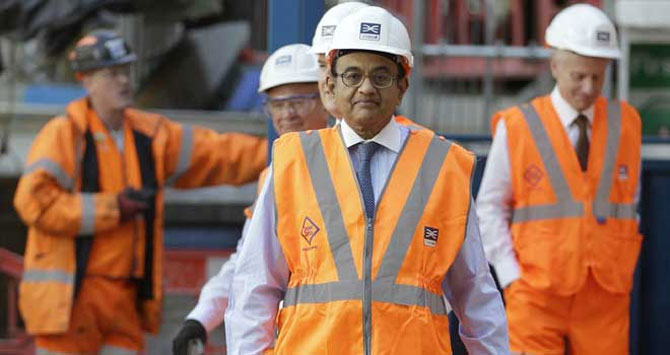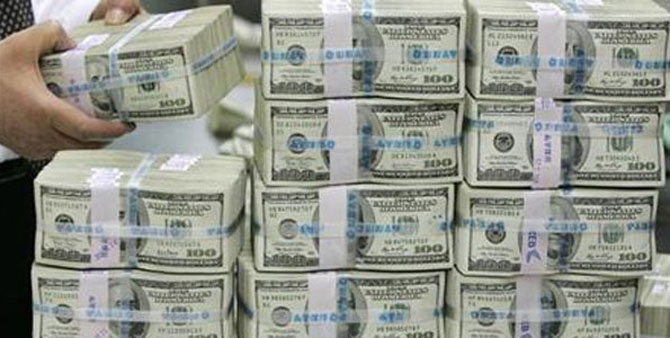
The high-profile departures have their roots in red tape and business-unfriendly policies.
India's deteriorating business climate is forcing the country deeper into a dangerous embrace of hot money.
Foreign multinationals which bring in more stable financing are retreating. BHP Billiton is surrendering almost all its energy exploration blocks in the country. Wal-Mart recently ended its joint venture with Bharti Enterprises.
The high-profile departures have their roots in red tape and business-unfriendly policies.
BHP lost its nerve over delays in obtaining security clearances. Wal-Mart is upset by rules requiring it to source at least 30 per cent of its goods locally. Arcelor Mittal and South Korea's POSCO scrapped separate steel projects in India in July after failing to acquire land.
Click on NEXT for more...

The cancellations are costly for an economy struggling to revive GDP growth from a 10-year low.
They're also the opposite of what Finance Minister Palaniappan Chidambaram was hoping for when he took charge in July 2012.
Some of his promised reforms, such as an increase in the overseas investment limit in insurance, are still awaiting the nod from lawmakers.
But retail and telecommunications are now more open to foreign participation than a year ago. A new law on land acquisition will bring some sanity to the politically contentious process of converting farmland for industrial use, albeit at a higher cost to companies.
Click on NEXT for more...

Investors aren't rushing in, though. Foreign direct investment into India in the last twelve months was $25 billion, 29 per cent less than in the same period before the 2008 financial crisis.
The slowdown creates a worrisome reliance on foreigners' purchases of Indian stocks and bonds.
These flows are a fickle friend. The peril of depending on them to finance a large current account deficit was evident in the debilitating rupee crisis that spooked investors this summer.
Click on NEXT for more...

Multinationals have become more cautious about allocating capital to emerging markets since the 2008 crisis.
It doesn't help New Delhi's case that a six-year-old tax dispute with Vodafone - a PR disaster for the government - is still not settled.
Meanwhile, federal sleuths have launched criminal proceedings against several Indian businessmen, including tycoon Kumar Mangalam Birla, in a coal-mine allocation scandal.
This may damp sentiment further. A heftier push to improve the investment climate is not in sight. Without it, India will remain a hostage to whimsical hot money.